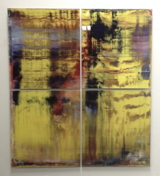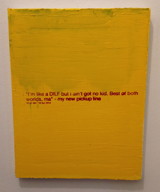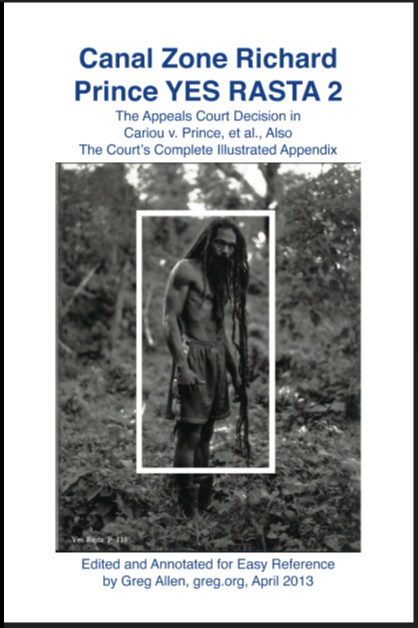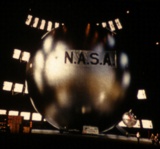For his article in Wired, "Inside the Soul of the Web," Michael Malone spent 24 (cumulative) hours watching the randomly selected stream of Google searches that is broadcast in the company's offices. If it's not really informative, it's inevitably interesting--and sometimes moving. (thanks, Jason)
Jennifer 8. Lee did essentially the same story last November, for the NY Times. [who seem to be monetizing their once fee-avoiding deeplinks. But, as Google helpfully points out, the article is here, for free.] We recall that the scroll is called LiveQuery, the map is called GeoDisplay, and Google has eerie, almost predictive power (PredictivePower?).
Almost. "That is a paradox of a Google log: it does not capture social phenomena per se, but merely the shadows they cast across the Internet.
'The most interesting part is why,' said Amit Patel, who has been a member of the logs team. 'You can't interpret it unless you know what else is going on in the world.'"
So unless you knew it was a question on Millionaire the night before, a quiz show which aired consecutively in five time zones, the meaning of five spikes in the frequency of "carol brady maiden name" searches would be lost on you.












